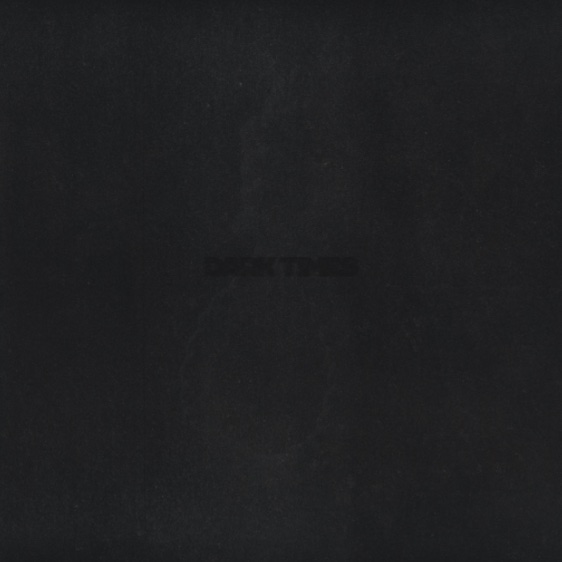Vince Staples
Dark Times
DEF JAM/BLACKSMITH
In Lord Byron’s Don Juan, the poet characterizes Rembrandt as one who “made his darkness equal light.” A similar observation could be made of Dark Times, the latest effort from Long Beach rapper Vince Staples, who invokes the Dutch painter while detailing the bleak realities of gang life and reflecting on his upbringing after having found success in the rap game. Staples seems to view his career as a Rembrandt portrait, with the dark times necessitating the light of success as opposed to combating it.
His final release under Def Jam Recordings, Dark Times builds upon the ruminations logged in 2021’s Vince Staples and 2022’s Ramona Park Broke My Heart, probing into the turmoil and violence that marked his adolescence while working through the repercussions long-held trauma has had on his life and relationships. On the early track “Black&Blue,” Staples reflects on the losses the LA rap community has endured to street violence in the past few decades, deploying his stoney timbre over a dust-tinged drum kit bolstered by the occasional record scratch. He namedrops the likes of Nipsey Hussle, Earl Swavey, and Drakeo the Ruler, hoping that his active remembrance will help their legacies live on. “Government Cheese” presents a similar vein of introspection, detailing his guilt in being “the only one livin’ the dream” and ruminating on luck and God after talking with a childhood friend calling from prison. These observations give a glimpse into Staples’ healing process, etching the darkness that will ultimately beget light within his portrait.
What follows is a series of raps delving into the dysfunction that riddles Staples’ relationships, questioning the importance of truth in love. “Liars” plays an excerpt of Nikki Giovanni and James Baldwin’s seminal conversation on the topic, providing a grounding point for reflection over lush piano. Giovanni implores Baldwin to “lie to me, smile” as he does to those he despises. While they get to live in the company of his kindest self, his unhappy truth is unleashed on those who he claims to love, all in the name of some twisted sense of honesty. Staples reckons with this conclusion in the following tracks, noting the pain lies have caused him on “Justin” and “Nothing Matters” while embracing the argument on “‘Radio’” via The Jackson 5’s “Who’s Lovin’ You,” wherein the Jacksons come to a similar conclusion as Giovanni. It’s an intimate series of tracks for a rapper widely known for his deadpan humor, who provides no distinct answer to the dysfunction, opting instead for a comfortable seat in the melancholy of a repeated refrain of “Nothing really matters at all.”
Staples’ interpolation of Tupac Shakur’s classic ballad of roses growing through concrete on “Little Homies” is, in essence, the conclusion that Dark Times comes to. Staples’ final reflections on “Freeman” (in tandem with the Santigold soliloquy that closes the album) see him celebrating the success he’s had in the face of the darkness he’s struggled through. While it has taken time and pain to work through his upbringing and the trauma that it’s surfaced, Staples seems comfortable with where he’s landed. “Heavy is the hand that reaches past the plate to pay the tab”—the darkness necessitates the light, whether it’s Rembrandt, Tupac, or Vince Staples.







